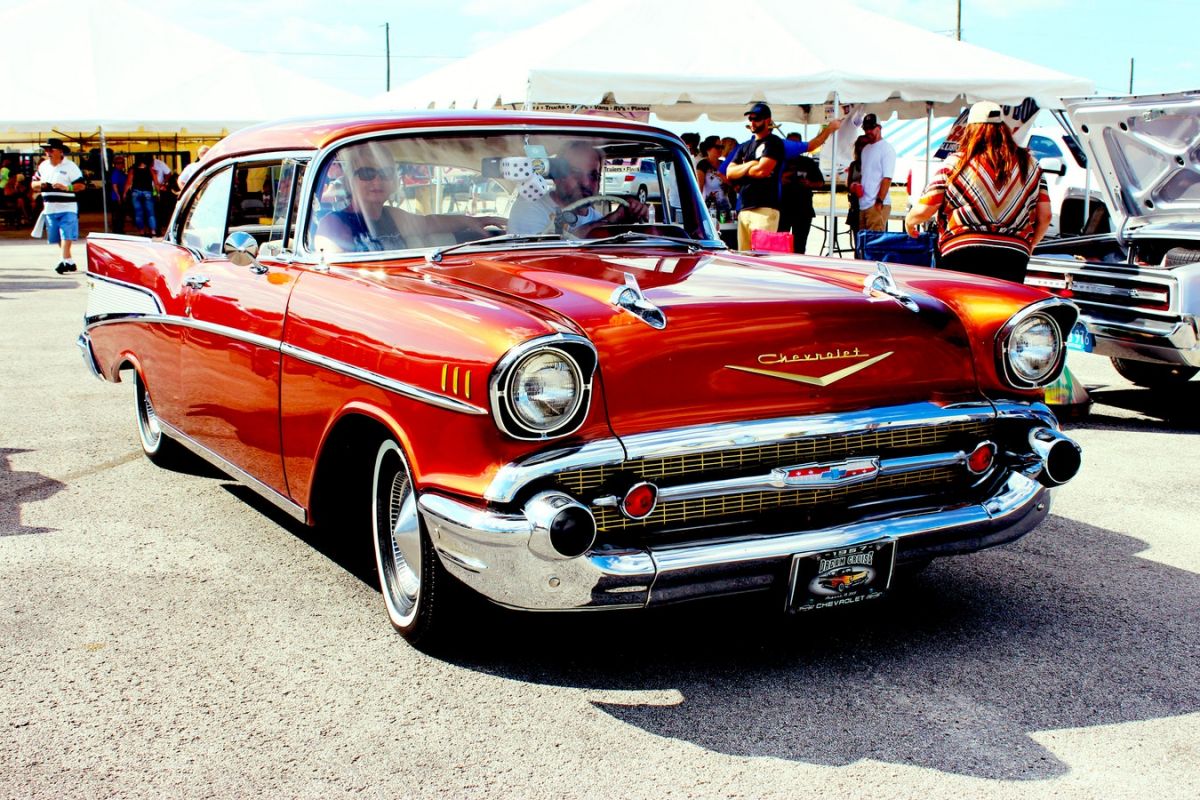CGKY News Hub
Your go-to source for the latest insights and trends.
Classic Cars: Timeless Treasures on Wheels
Discover the allure of classic cars! Explore timeless treasures on wheels that define elegance, style, and unmatched nostalgia.
The Evolution of Classic Cars: A Journey Through Automotive History
The evolution of classic cars is a fascinating journey that reflects the technological advancements and cultural shifts of the automotive industry. Originating in the late 19th century, the first automobiles were simple and rudimentary, often powered by steam or gasoline. As demand grew, manufacturers began to innovate, leading to the birth of iconic brands such as Ford, Chevrolet, and Mercedes-Benz. The introduction of assembly line production in the 1910s revolutionized the industry, making cars more affordable and accessible to the masses. For a more in-depth look at early automotive innovations, check out Hagerty's overview of automotive history.
As we moved into the mid-20th century, classic cars became symbols of personal expression and freedom. The design aesthetics of the 1950s and 1960s, featuring tailfins and vibrant colors, introduced a new era of muscle cars and luxury vehicles, captivating enthusiasts and collectors alike. The classic car phenomenon has only intensified with time; today, models from this golden age are celebrated in vintage auto shows and auctions worldwide. To explore the significance of classic cars in popular culture, visit Classic Car Restoration Club's insights.

Top 10 Classic Cars Every Enthusiast Should Know
Classic cars hold a special place in the hearts of automotive enthusiasts, and certain models have become icons of style, performance, and engineering. In this article, we will explore the Top 10 Classic Cars Every Enthusiast Should Know. These vehicles not only represent a significant era in automotive history but also have maintained their allure through the decades. From the elegant lines of the Jaguar E-Type to the muscle power of the Ford Mustang, these cars have shaped the way we view automotive design.
1. Ford Model T - Often regarded as the car that put America on wheels, the Model T revolutionized transportation.
2. Chevrolet Corvette - Iconic for its sleek design and performance, it represents American sports cars' spirit.
3. Porsche 911 - A timeless classic known for its distinctive design and engineering excellence.
4. Mercedes-Benz 300SL - Famous for its gullwing doors, a symbol of luxury and innovation.
5. Volkswagen Beetle - An emblem of the counter-culture movement, beloved for its unique shape and reliability.
6. Jaguar E-Type - Lauded for its beauty and performance, it remains a favorite among collectors.
7. Ford Mustang - A classic muscle car that defined a generation.
8. Aston Martin DB5 - Famously known as James Bond's car, synonymous with elegance and power.
9. Chevrolet Camaro - A fierce competitor in the muscle car arena, known for its aggressive styling.
10. Pontiac GTO - Often hailed as the original muscle car, offering raw power in a stylish package.
How to Care for and Maintain Your Classic Car: Essential Tips
Caring for and maintaining your classic car is essential to preserve its value and ensure it remains in pristine condition. Start by regularly washing your vehicle with a non-abrasive soap and a soft sponge to prevent scratches. Wax the exterior every few months to protect the paint and give it a lasting shine. Additionally, check the fluid levels—including oil, coolant, and brake fluid—at least once a month. For detailed maintenance schedules, consider visiting Automotive.com.
Furthermore, proper storage is critical in safeguarding your classic car from the elements. When not in use, keep it in a climate-controlled garage and use a fitted car cover to protect it from dust and debris. Regularly inspect the tires for proper inflation and consider adding a fuel stabilizer to prevent fuel deterioration. You can learn more about tire maintenance and storage tips by checking Classic Car Restoration Club.